Ritual in the Study of American Religions
by Dana Logan
I am addressing Tamar Frankiel’s chapter on ritual in Retelling U.S. Religious History. The theme of ritual was the genesis of my first book, which argued that we needed the category in order to see how white Protestants embedded hierarchy into American civil society. The significance of the term for my own work is that the term has a history. I would like to stop invoking it in the Durkheimian sense. Ritual was a way that Protestants in the eighteenth-century spoke about subhuman religious practices, thus practices that might not even be religious at all. As historian Phillipe Buc argues, it was a term of imperialist discovery. As Talal Asad argues in his critique of Geertz, the term ritual obscures a whole category of action called discipline. Frankiel’s chapter does not draw on this history but does reference and then use Catherine Bell’s coinage of ritualization, in order to study ritual throughout American history without invoking Geertz’s false binaries. Bell, I argue in my book, has both explicitly and implicitly left us with some bad habits. Her focus on the body gave a generation of scholars a new way to narrate religion: from the site of the body in Tweed’s terms. But this is often done through a focus on “embodiment,” a term that I argue in my book, has been weirdly conflated with connection and agency.
One of the interesting things about revisiting this book is that it is a snapshot of the terms guiding the field circa 1997. Here are the terms I think of when I think about our field in 2023. My list would be: empire, racialization, materialism, the sacred/presence, infrastructure, technology, the secular (as distinct from secularism), capitalism (as distinct from economy), and in the realm of ritual studies I would say the term most likely to capture our current interests would be: performance. Between 1997 and 2006 our field first shifted to practice (as we see in the publication of the landmark Practicing Protestants), but when I think about the work that defines work on religious action and bodies, I think performance is the more vital term. Ritual studies has been deeply intertwined with performance studies since the 1990s. Victor Turner became Richard Schechner’s muse for explaining the power of theater and then in a recursive way religious studies has been inspired by performance studies. The use of the word “embodiment” to describe performance and ritual’s purpose and effects is very much a product of this interrelationship.
Here is the syllabus I would assign to capture this critical move towards performance in American religious history: Ann Pellegrini’s work on the secular, fear, and trauma in performance; David Walker’s work on how spectacle is constituent of religious performance in the secular age; Anthony Petro’s work on Catholic performance art. There is of course also a rich and autonomous field that studies possession and performance in Africana traditions. Just to name a few: J. Lorand Matory, Brent Crossan, and Paul C. Johnson’s work gives us entirely new categories for thinking about religious action and embodiment. Ashon Crawley’s work on Black Pentecostal breath has brought performance studies and religious studies even closer together in a vital discussion of Blackness as an aesthetic and theological category.
So, is ritual a dead category for American Religious Studies? I think not! Going forward I hope that the field of ritual studies in the Americas reckons with a couple of things: first subjecting “performance” and “practice” to the same critical historicizing that we have done for ritual studies. These are not neutral terms. I think in particular scholars of “possession” in Africana traditions model what this historicization should look like. I would also like to start questioning the implicit liberation of embodiment. I embody many things that do not liberate me.
We also need more historical accounts of ritual that pay attention to how historical actors invoked that word.
We also need to stop assuming that Bell, Asad, and Buc, are the end of ritual critique. There is still much to be done on the imperial history of the category. We need more historical accounting of how the hyper-formalized and public rituals of traditions in places such as India and Indonesia were both Orientalized by missionaries, colonial administrators, and twentieth-century anthropologists and how these “rituals” informed British, Iberian, French, and American desires to do something called “ritual.”
Ritual has been, since at least the 1820s (according to my book) a goal amongst white Protestants to do something more exotic and formalized. Tisa Wenger’s work provides us with a framework for thinking about how religion and ritual are both imperial terms that become useful for those threatened by the American state. I would love to see more work that explains how ritual has become a strategic tool in marginalized communities and in corporations and the American legal system. In other words, I’d like to see more projects that historicize the term while demonstrating how people put the concept of ritual into action.
Dana Logan is an Assistant Professor in the Religious Studies Department at the University of North Carolina. She is a scholar of American religion and ritual who works on the history of evangelicalism, civil society in the nineteenth-century United States, and the experience of ritual in everyday life. Her book, Awkward Rituals: Sensations of Governance in Protestant America (University of Chicago Press, 2022) argues that political ritual can be boring, sacred authority can be drab, and earnest ritual can be awkward. Ritual as a category, Logan shows, does not always create a synthesis between bodily feeling and ideological commitments.

